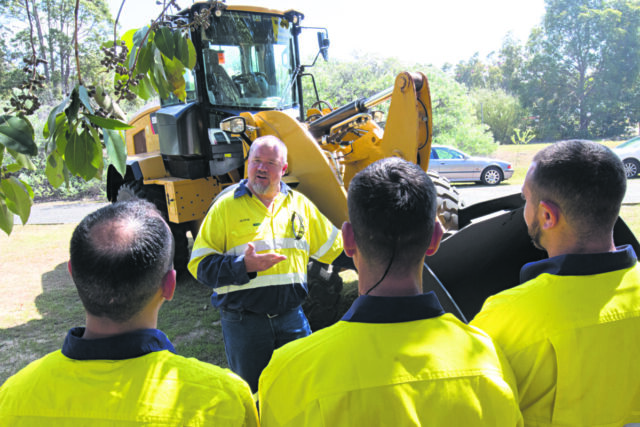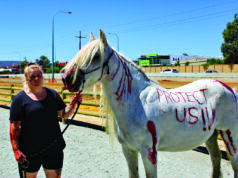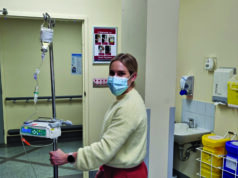Minimum security working farm Karnet prison is not being maximised due to system-wide challenges, according to a recent inspection report from the Office of the Inspector of Custodial Services (OICS).
The July OICS report included Karnet, Pardelup as well as Wooroloo prison farms and was based on visits undertaken from October to November last year.
According to the OICS report, the Karnet farm produced fresh meat, milk, eggs, fruit and vegetables for the wider prison system.
Custodial Services inspector Eamon Ryan said prison farms played a crucial role in preparing individuals for life beyond prison.
“However, they are now facing significant strain due to increasing prisoner numbers, constrained resources and delays in treatment assessments,” Mr Ryan said.
“These pressures are limiting the system’s ability to meet prisoner needs and diminishing opportunities for meaningful rehabilitation prior to release.”
OICS said Karnet Prison Farm (KPF) had a capacity of 366 but at the time of inspection there were 379 prisoners at the facility.
Of the 13 recommendations made by OICS to the Department of Justice (DOJ) three weren’t supported, one was supported, five were supported in principle, and four were supported and considered current practice.
In response to recommendation six the DOJ said it didn’t believe it was necessary to develop a global assessment document for external activities as the external activities checklists served this purpose.
The DOJ didn’t support recommendation seven which called on a review of the application process for the prisoner employment program (PEP).

“Behavioural changes or involvement in adverse incidents may result in a prisoner no longer being suitable for PEP, hence the need for a current assessment to occur before commencing employment,” the DOJ said.
“The DOJ has already identified delays in the preparation of intelligence reports as well as assessment of criminal history for PEP applications as the primary cause of approval delays.”
The DOJ didn’t support OICS’s recommendation to remove prisoner accommodation fees.
“The purpose of requiring prisoners participating in PEP to pay board is twofold: to promote financial literacy by helping prisoners to understand budgeting and to set realistic expectations for managing living expenses upon release.”
Corrective Services Minister Paul Papalia was asked if he believed KPF had received adequate funding support.
“The state government has allocated $4.7 million in the state budget towards long term custodial infrastructure planning,” Mr Papalia said.
He said the Commissioner for Corrective Services was responsible for managing WA’s prison estate.
Corrective Services Commissioner Brad Royce said the new strategic plan 2025-30 would enhance operations at the farms and future outcomes for prisoners.














